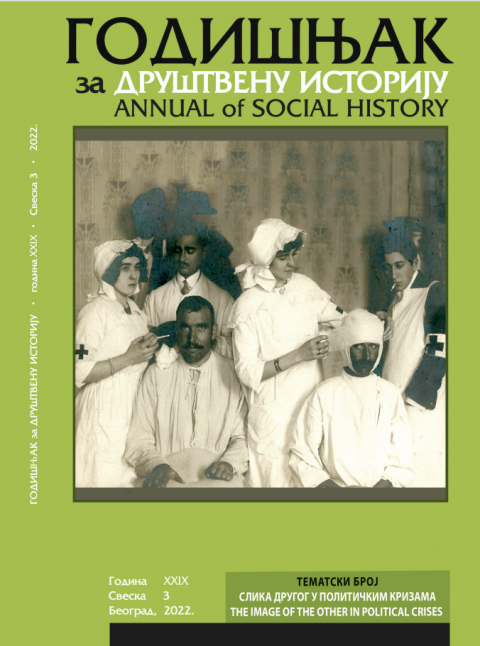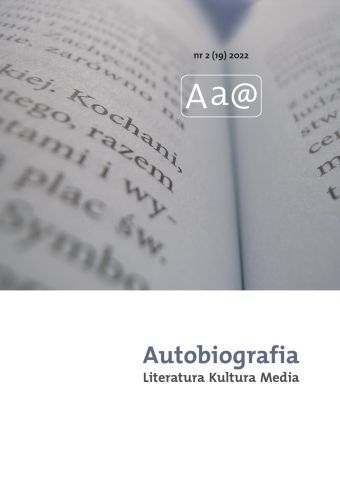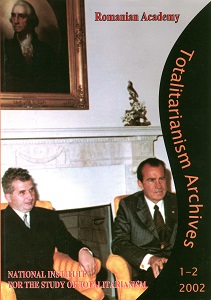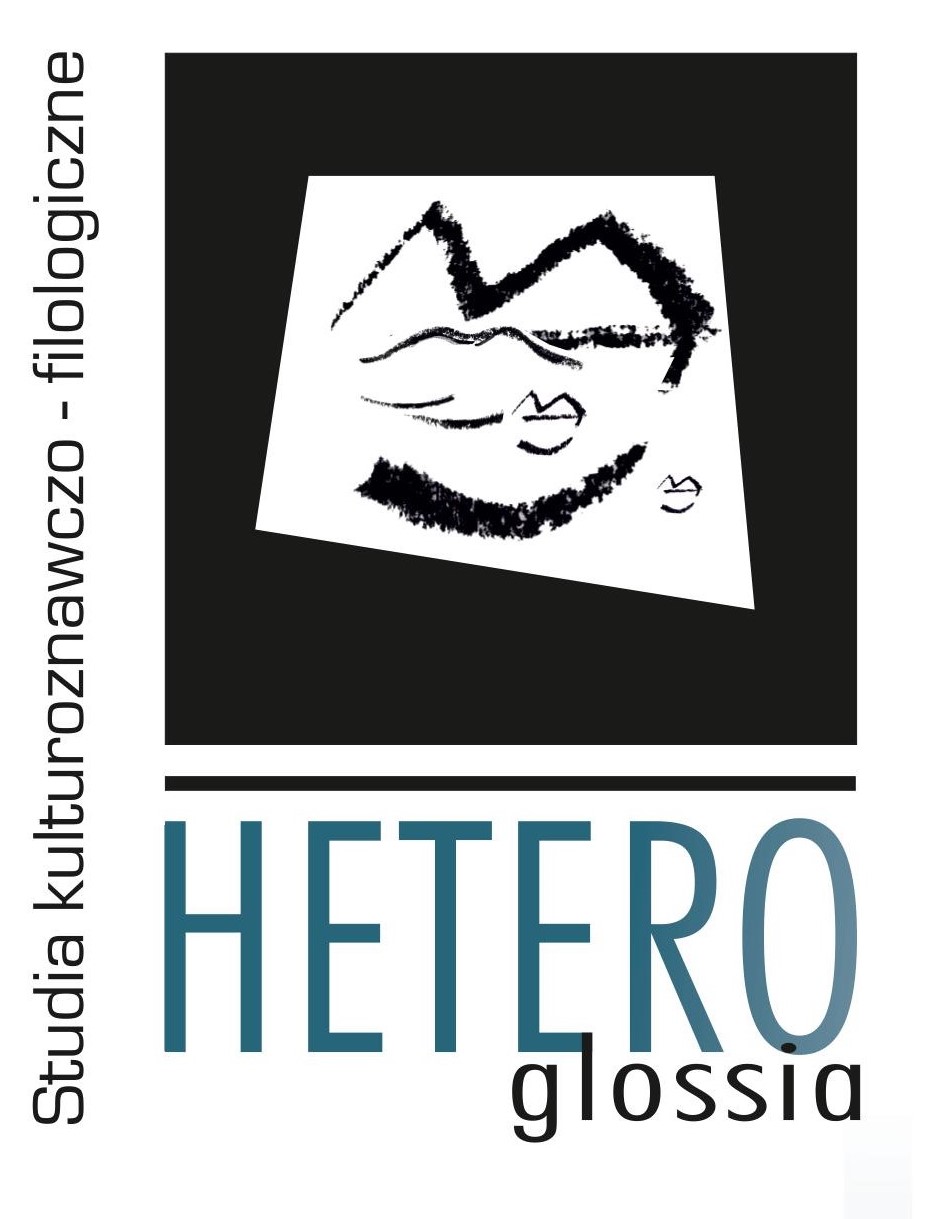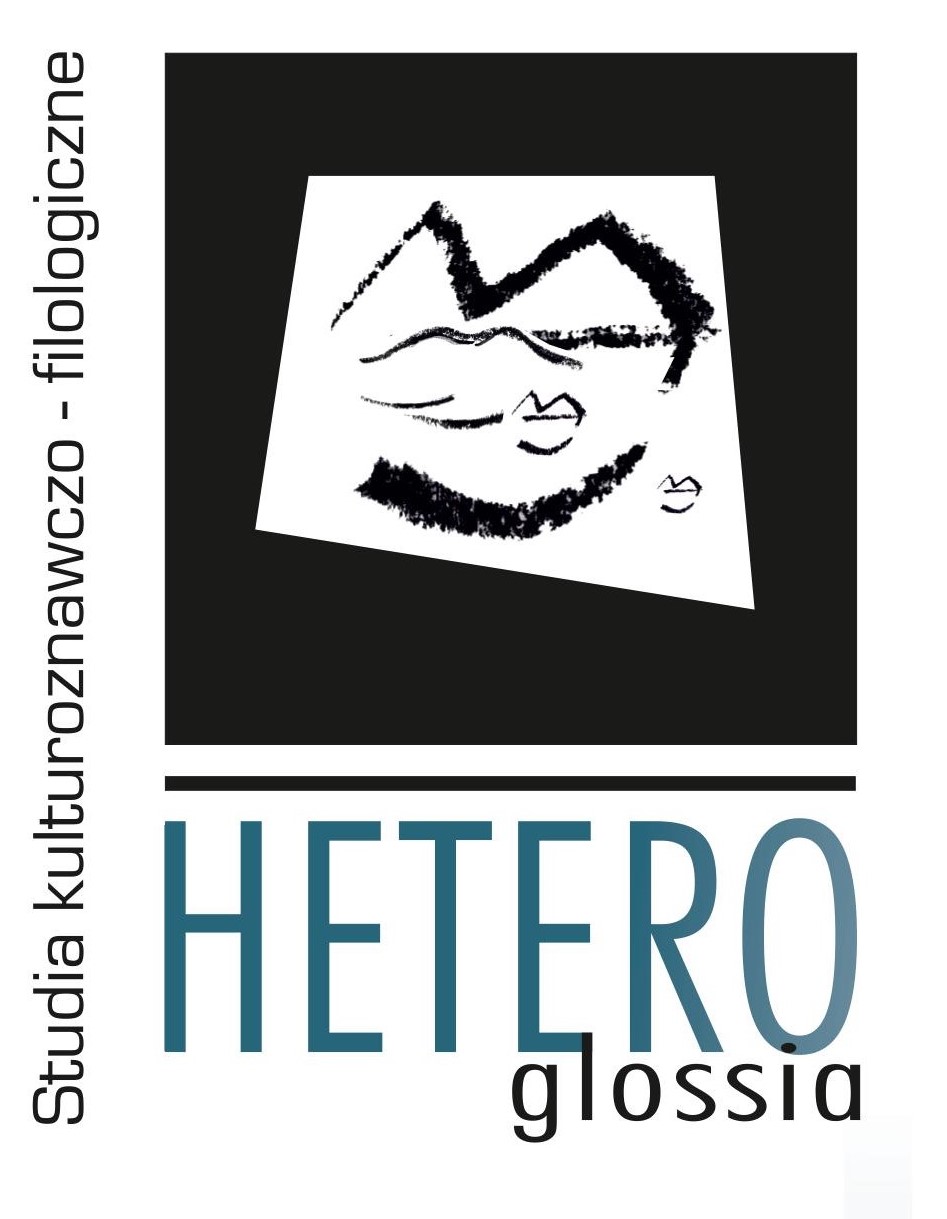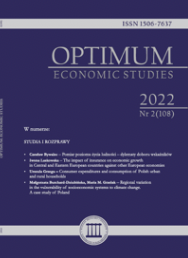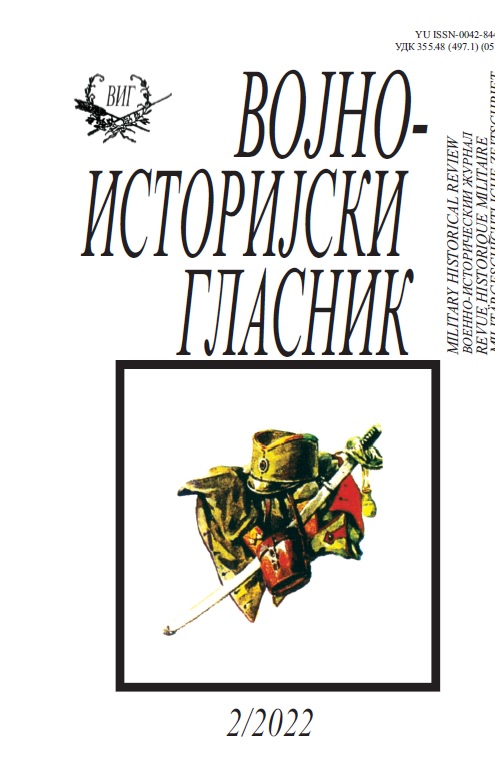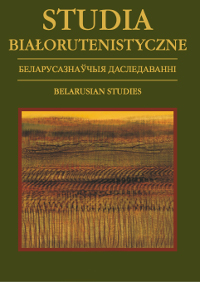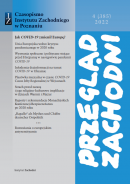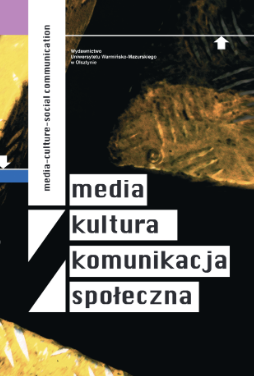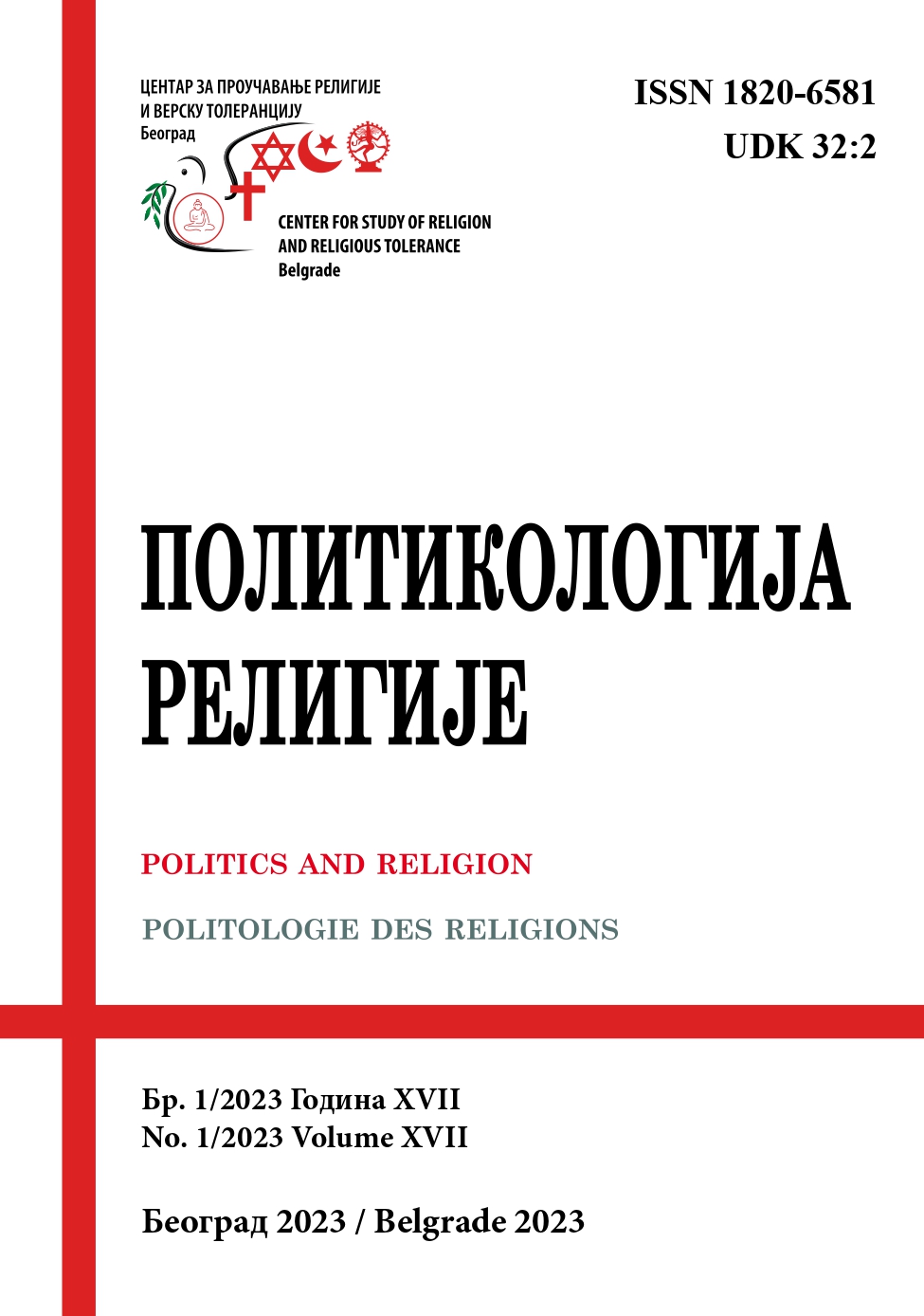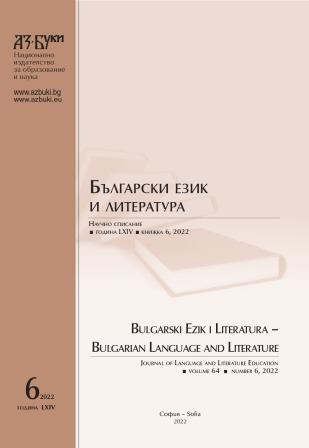
Приложение на проектно базираното обучение в уроците по литература (I – IV клас)
Children of the XXI century communicate globally and have unlimited access to information resources. But often this abundance of information does not lead to systematic knowledge, which indicates that children must learn to absorb it properly. The article examines the possibilities of applying project-based learning in literature lessons in the primary educational stage. This innovative method offers a new type of pedagogical interaction regarding the learning content of the subject, related to achieving the necessary basic level of native language communication in the 1st – 4th grade stage. Project-based learning is also applicable in the context of building literary competences by working with a literary text, which is a major part of the formation of language literacy and is associated with students' skills to recognize, understand and interpret the specific information it carries.
More...
